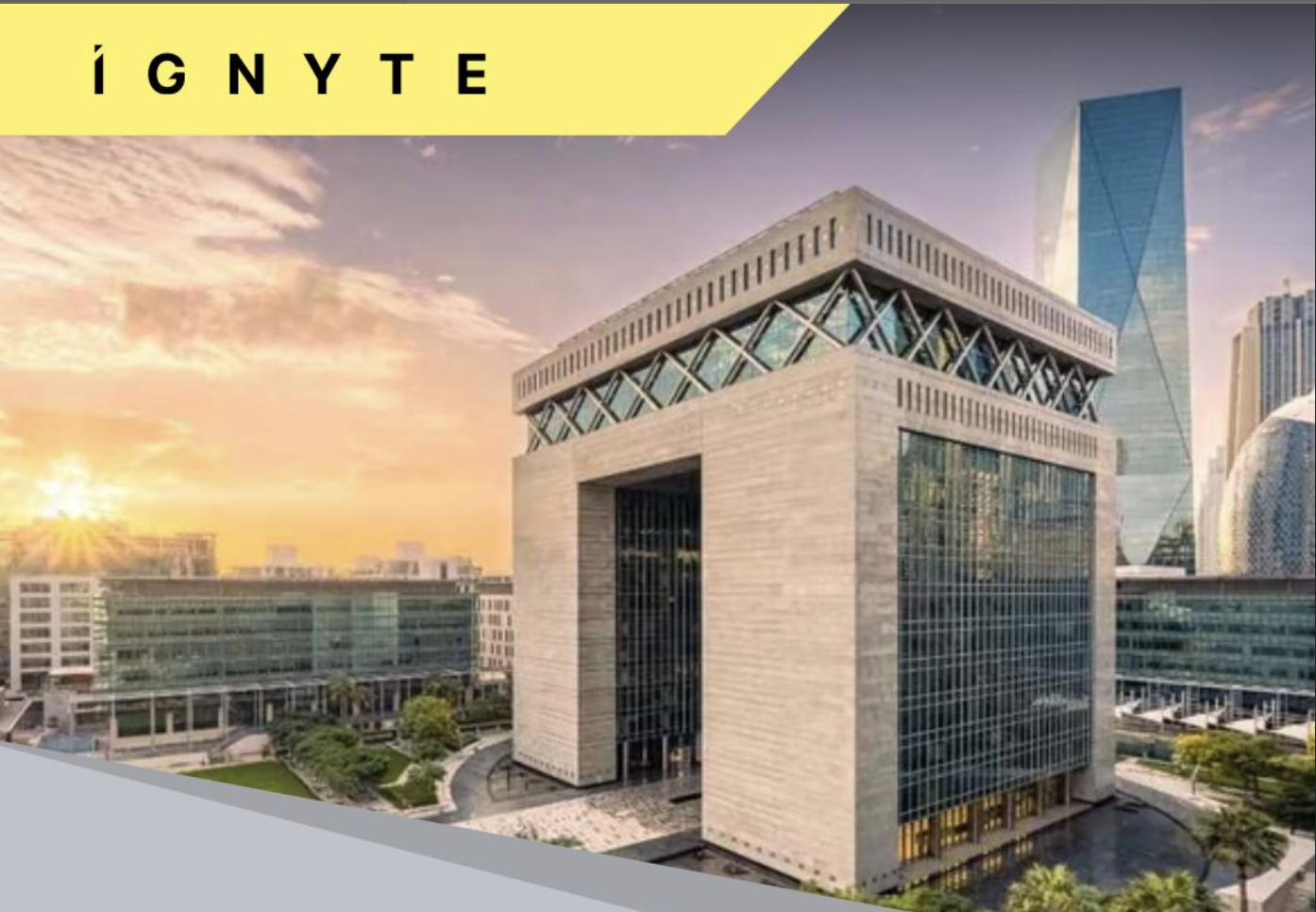Building National Capability Through Structured Entrepreneurship, Innovation, and Institutional Support
The United Arab Emirates has taken another decisive step toward building a future driven by innovation, talent, and enterprise. Through a national Entrepreneurship Programme launched by the Dubai International Financial Centre (DIFC), the UAE will train 10,000 Emirati youth in the fundamentals of startup creation, business growth, and financial resilience.
Delivered under the Ignyte platform, and in collaboration with the Ministry of Economy, Ministry of Tourism, and the New Economy Academy, the initiative aligns with the vision of Sheikh Mohammed bin Rashid Al Maktoum to make The Emirates the Start-up Capital of the World.
This program reflects the UAE’s structural approach to nurturing human capital as a core component of economic diversification and long-term national competitiveness.
Structuring the Next Generation of Entrepreneurs
The DIFC-led initiative represents a national capacity-building model—linking education, governance, and capital access under one unified entrepreneurship framework.
Key features include:
- Two learning tracks:
- Essentials of Entrepreneurship (3-day intensive)
- Complete Entrepreneurship Masterclass (6-day advanced program)
- Core curriculum modules: business modeling, financial planning, market entry strategy, legal frameworks, and investor pitching.
- Blended learning delivery: combining online and in-person sessions to ensure flexibility and reach.
- Mentorship network: over 500 industry experts from finance, law, and venture capital providing hands-on guidance.
This structured approach reflects the UAE’s commitment to executional education—training citizens not only to think like entrepreneurs but to operate with the precision of business leaders.
Institutional Collaboration and Economic Vision
The program sits at the intersection of national strategy and institutional leadership.
By uniting DIFC, the Ministry of Economy, and the Ministry of Tourism under a single training platform, the initiative ensures that entrepreneurship is not a standalone activity but a coordinated economic function tied to measurable outcomes.
Its alignment with the Dubai Economic Agenda (D33) reinforces the UAE’s focus on:
- Doubling the size of Dubai’s economy within a decade.
- Attracting global investment into high-growth, innovation-led sectors.
- Building a pipeline of Emirati founders ready to compete regionally and globally.
- Expanding the country’s knowledge economy through entrepreneurship as a national discipline.
This cross-ministerial cooperation exemplifies the governance model that has made the UAE a global case study in structured innovation management.
Entrepreneurship as a Pillar of Diversification
The UAE’s entrepreneurship drive is not a campaign; it is a structural reform.
By embedding business education into its national framework, the country is strengthening its long-term diversification pillars across:
- Technology and AI startups supporting national digital transformation.
- Sustainable enterprise models aligned with ESG and green investment.
- Financial literacy and risk management across new and emerging sectors.
- Talent retention and repatriation, empowering skilled Emiratis to build and lead ventures within the UAE rather than abroad.
This shift transforms entrepreneurship from a personal pursuit into a strategic economic instrument driving resilience and national value creation.
The Role of DIFC as a Platform for Execution
As one of the world’s leading financial centers, DIFC provides not only the platform but also the ecosystem necessary for scalable entrepreneurship.
The Ignyte platform extends DIFC’s mandate beyond finance into talent acceleration and innovation infrastructure.
Key advantages of the DIFC-led structure include:
- Access to regulatory guidance for startups operating in finance, technology, and professional services.
- Integration with capital networks, ensuring startups can transition from learning to funding.
- Exposure to regional and international markets through DIFC’s global partnerships.
- Institutional mentorship that mirrors the rigor of corporate governance found in mature enterprises.
This approach ensures that entrepreneurship in the UAE is institutionalized, not informal—turning ambition into actionable business outcomes.
Handle Insight: From Learning to Leadership
For family enterprises, investors, and policy advisors, the UAE’s entrepreneurship initiative represents a strategic reallocation of national intelligence—transforming education into economic infrastructure.
Key takeaways for stakeholders:
- Support ecosystem-building, not just startup creation. Long-term value comes from networks, governance, and mentorship.
- Align funding models with skill development, ensuring capital flows to trained, execution-ready entrepreneurs.
- Leverage cross-sector partnerships between government, academia, and industry to accelerate innovation at scale.
Through structure, mentorship, and national alignment, the UAE is not just training entrepreneurs—it is engineering the next generation of economic leaders capable of sustaining growth beyond traditional industries.


